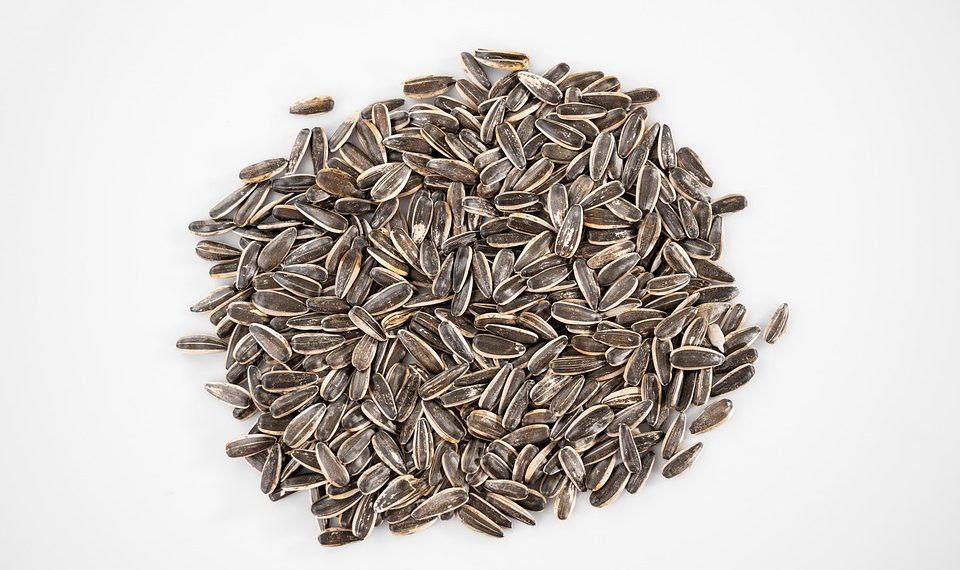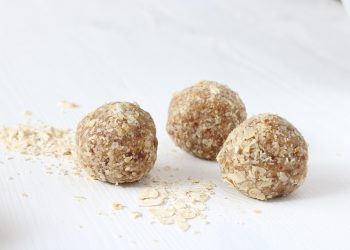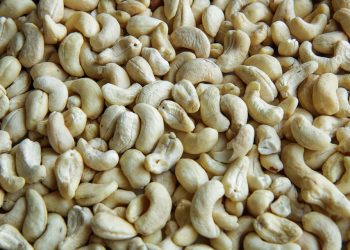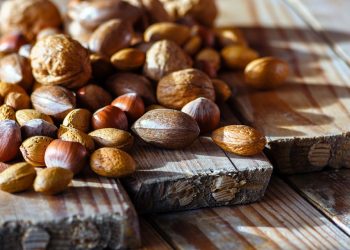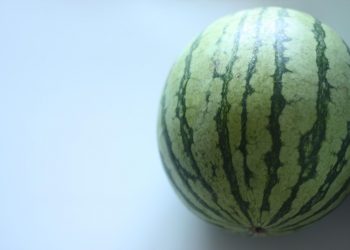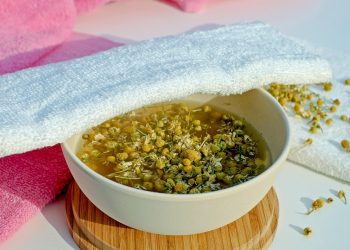As a vegan athlete, fueling your body with the right foods is essential for peak performance. You might be wondering what are the best natural foods to elevate your game. Let’s dive into seven natural foods every vegan athlete should try now—these are not just tasty; they pack a punch for your physical and mental well-being.
Contents
Why Natural Foods Matter for Vegan Athletes
Natural foods are unprocessed and full of nutrients, which means they help you recover faster, build muscle, and sustain your energy levels. When you choose natural over processed, you’re giving your body the best chance to thrive. This matters to you because every bite counts, especially when you’re pushing your limits.
The Importance of a Vegan Diet for Athletes
A vegan diet can provide all the essential nutrients you need, but it requires careful planning. You’re eliminating animal products, which means you must be intentional about your food choices. It’s not just about avoiding meat; it’s about maximizing your intake of vitamins, minerals, proteins, and healthy fats.
The Seven Natural Foods to Fuel Your Journey
Let’s explore these seven powerhouse foods that will not only satisfy your taste buds but also enhance your athletic performance.
1. Quinoa: The Complete Protein
Quinoa is often hailed as a super grain, and for good reason. It’s a complete protein, meaning it contains all nine essential amino acids your body needs.
- Benefits:
- High in fiber, which aids digestion.
- Loaded with magnesium for muscle relaxation.
- Gluten-free and easy to cook.
Consider swapping rice for quinoa in your meals. It’s perfect in salads, bowls, or as a side dish. Plus, its nutty flavor adds a delightful twist.
2. Chia Seeds: Tiny But Mighty
Chia seeds might be small, but they’re packed with nutrients. Just two tablespoons will provide you with a hefty dose of omega-3 fatty acids, fiber, and protein.
- Benefits:
- Great for hydration; they can absorb up to 12 times their weight in water.
- Full of antioxidants to fight inflammation.
- Easy to incorporate into smoothies, oatmeal, or baked goods.
Add chia seeds to your morning smoothie or sprinkle them on your salad for a crunchy texture. Your body will thank you!
3. Sweet Potatoes: Energy Powerhouses
Sweet potatoes are not just delicious; they’re a fantastic source of complex carbohydrates. This means they provide lasting energy—perfect for those long training sessions.
- Benefits:
- High in vitamins A and C, supporting immune health.
- Rich in potassium, which helps maintain fluid balance.
- Versatile; they can be baked, mashed, or even made into fries.
Try roasting sweet potatoes with a sprinkle of cinnamon for a tasty and energizing snack.
4. Lentils: The Protein Powerhouse
Lentils are a staple in a vegan diet and for good reason. They’re affordable, versatile, and packed with protein.
- Benefits:
- High in iron, which is crucial for energy levels.
- Full of folate and magnesium, supporting muscle function.
- Easy to cook and can be added to soups, salads, or curries.
A hearty lentil soup is not just comforting; it’s also a great way to refuel after a workout.
5. Spinach: Leafy Green Strength
Popeye knew what he was talking about. Spinach is loaded with iron and calcium, making it a must-have for athletes.
- Benefits:
- High in nitrates, which may improve exercise performance.
- Rich in antioxidants that combat oxidative stress.
- Can be eaten raw in salads or cooked in a stir-fry.
Throw a handful of spinach into your smoothies or salads for a nutrient boost.
6. Almonds: Nutrient-Dense Snacks
Almonds are a fantastic snack for athletes on the go. They’re rich in healthy fats, protein, and fiber.
- Benefits:
- Packed with vitamin E, an antioxidant that helps muscle recovery.
- A great source of magnesium, supporting muscle function.
- Convenient and portable; perfect for a quick energy boost.
Keep a bag of almonds handy for when you need a quick snack between workouts.
7. Berries: Nature’s Candy
Berries, like blueberries, strawberries, and raspberries, are not only delicious but also incredibly beneficial for athletes.
- Benefits:
- High in antioxidants that reduce inflammation and muscle soreness.
- Loaded with vitamins C and K, supporting overall health.
- Perfect as a snack or added to smoothies and oatmeal.
Enjoy a bowl of mixed berries as a refreshing post-workout treat.
Incorporating Natural Foods into Your Diet
Now that you know these seven natural foods every vegan athlete should try, how do you incorporate them into your daily routine?
Meal Planning Tips
-
Batch Cook: Prepare large quantities of quinoa and lentils at the beginning of the week. This makes it easy to add them to meals.
-
Snack Smart: Keep almonds and chia seeds on hand for quick snacks.
-
Mix It Up: Don’t be afraid to experiment with different recipes. Use sweet potatoes in a stew or create a smoothie bowl topped with berries.
Hydration is Key
Don’t forget about hydration. Pair these foods with plenty of water and consider electrolyte drinks if you’re training hard. Staying hydrated helps your body absorb all the nutrients you’re consuming.
Why Trust This Information?
As a vegan athlete, you deserve to know what fuels your body best. This article is grounded in research and practical experience. For more guidance, check out resources from reputable organizations like the Academy of Nutrition and Dietetics and the American College of Sports Medicine.
Bottom Line
Eating natural foods is a game-changer for your athletic performance. By incorporating these seven powerhouse foods into your diet, you’re not just fueling your body; you’re empowering it.
Call to Action
Start experimenting with these foods today. Your body will feel the difference, and you’ll discover new flavors that excite your palate.
FAQs
Q: Can I get enough protein on a vegan diet?
A: Absolutely! Foods like quinoa, lentils, and almonds are excellent protein sources.
Q: How do I ensure I’m getting enough iron?
A: Focus on iron-rich foods like lentils and spinach, and pair them with vitamin C sources for better absorption.
Q: What’s the best way to prepare quinoa?
A: Rinse it thoroughly and cook it in a 2:1 water-to-quinoa ratio for about 15 minutes.
Fuel your passion, and let these natural foods guide you to new heights!
Get Your FREE Natural Health Guide!
Subscribe now and receive our exclusive ebook packed with natural health tips, practical wellness advice, and easy lifestyle changes — delivered straight to your inbox.

